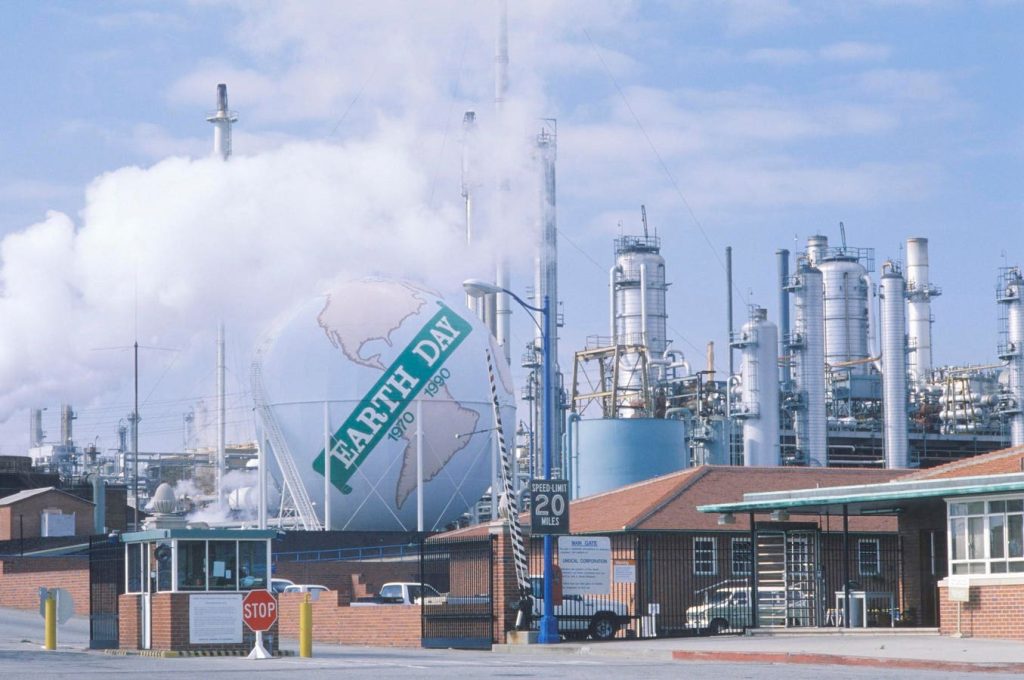California is considering a significant change to its gas tax policy, which could raise the price of diesel by $0.47 per gallon and gasoline by $0.37 per gallon. These taxes would be part of the Low Carbon Fuel Standard (LCFS) aimed at addressing environmental impacts of fuel consumption. However, experts argue that the proposed increases are not enough to capture the full environmental and health costs associated with fossil fuel production, refining, and consumption, as well as the cost of depleting finite oil reserves.
According to the BP Statistical Review of World Energy for 2022, global oil reserves could be depleted by 2075 if production continues at the current pace, with an estimated 1.5 trillion barrels of oil reserves left to be extracted. The average carbon dioxide output from a barrel of oil is estimated at $77.70, significantly higher than the proposed gas tax increase of $0.47 per gallon. This raises concerns about the true cost of gasoline consumption and the need for a higher gas tax to account for externalities generated by the oil and gas industry.
A gas tax regime that fails to address the external costs of fossil fuel consumption means continuing to subsidize the industry at the expense of public health, the environment, and alternative fuel and transportation methods. Air pollution from fossil fuel use is linked to respiratory diseases, cardiovascular issues, and premature death. The economic costs of these health issues are borne by society, highlighting the need for a gas tax that aligns with the true cost of gasoline consumption and incentivizes a transition to clean energy and public transportation.
A higher gas tax could help offset externalities generated by the oil and gas industry and encourage behavioral changes toward clean energy and public transportation. Such a transition could reduce our carbon footprint and potentially delay the depletion of oil reserves projected for 2075. California has the opportunity to lead the way in creating a more sustainable future by implementing a gas tax that incorporates all costs associated with gasoline consumption, ensuring that society does not bear the burden of subsidizing fossil fuels in the long run.
By taking bold steps to ensure that every gallon of gasoline sold reflects its true environmental and health costs, California can pave the way for a more equitable and sustainable future. It is essential to align the gas tax with the true cost of gasoline consumption to drive significant behavioral changes and address the environmental and health externalities associated with fossil fuel production and consumption. This could lead to a more sustainable and equitable future for all.


